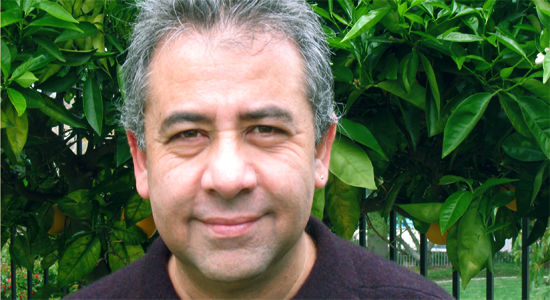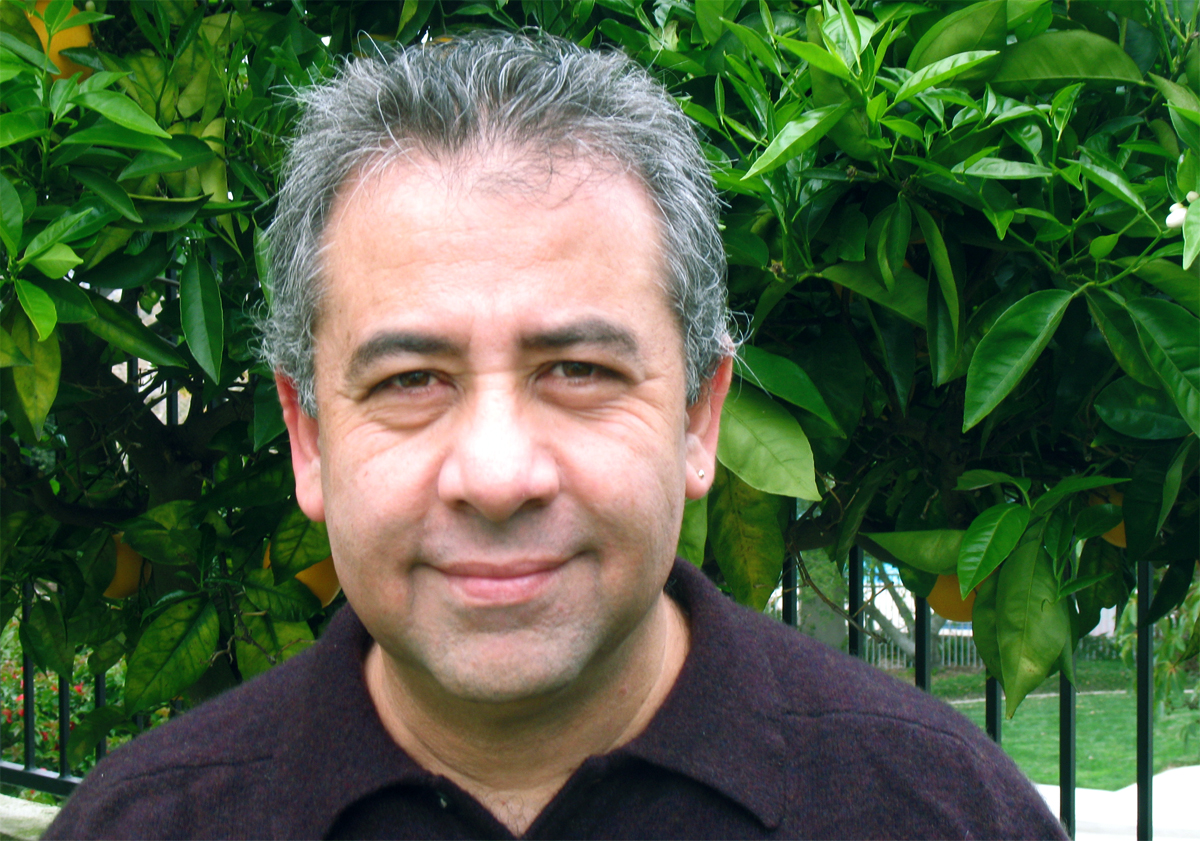Story by Anais Keenon
Photo by Sally Sefamí
Tomorrow night UC Irvine professor Jacobo Sefamí and University of Oregon professor Kayla García will offer a bilingual Spanish/English reading of Sefamí’s novel, Mourning for Papá. Hosted by various campus groups including the Department of Romance Languages and the Oregon Humanities Center, the reading and follow-up questions with Sefamí will be translated by García.
The selected text, Mourning for Papá, follows the journey of a fictional Syrian-Jewish family from Mexico during the 10-day period from Rosh Hashanah to Yom Kippur. At the same time in an unusual and saddening coincidence, the family is also sitting Shiva after the recent death of the father.
The time between Rosh Hashanah (the Jewish New Year) and Yom Kippur (the day of atonement) is among the most important of Judaic traditions. Set in the Hebrew month of Tishri, or around September to October, it is a time of introspection, change, and ultimately atonement for the past year’s sins. Alternatively, Shiva – or Shivah – is a seven-day mourning period that transpires after the burial of close family. It is a time solely to feel loss and mourn the death of a loved one.
Originally published as Los Dolientes in 2004, the book is not technically an autobiography. However, Sefamí says that the novel’s premise was influenced by his own rich and complex family history, and of his own father’s passing in 1996. Mourning for Papá “is a novel, in the sense that I made up stories … but it tries to genuinely portray a family from [the Syrian-Jewish] community, with all its idiosyncrasies,” Sefamí says.
As a son of Mexican Syrian-Jewish parents, Sefamí grew up in Mexico City. He ate Arabic food on Jewish holidays and consumed the typical enchiladas and mole on Mexican holidays. He spoke Spanish with a smattering of Arabic and Hebrew. He also grew up in a close-knit Syrian-Jewish community, which his family has long been part of.
Sefamí’s paternal grandfather was a Sephardic Jew (a descendant of Jews from the Iberian Peninsula), and emigrated from Istanbul to Damascus where he married Sefamí’s grandmother. In 1910, both grandfather and grandmother arrived in Mexico. Sefamí’s maternal grandparents later arrived from Syria in 1922. His great-uncles founded the Monte Sinai Community, the first public Jewish association in Mexico. Sefamí’s own parents were born and raised in Mexico City.
After spending his early youth in Mexico, Sefamí went to the United States to earn his Ph.D. and eventually chose to remain after marrying an American. He is currently a professor at the University of California-Irvine, and is most especially noted for his research into modern and contemporary Latin American poetry.
The bilingual reading is free to the public and will take place in room 116 in the HEDCO building. The event begins with light refreshments at 4:30 pm.









